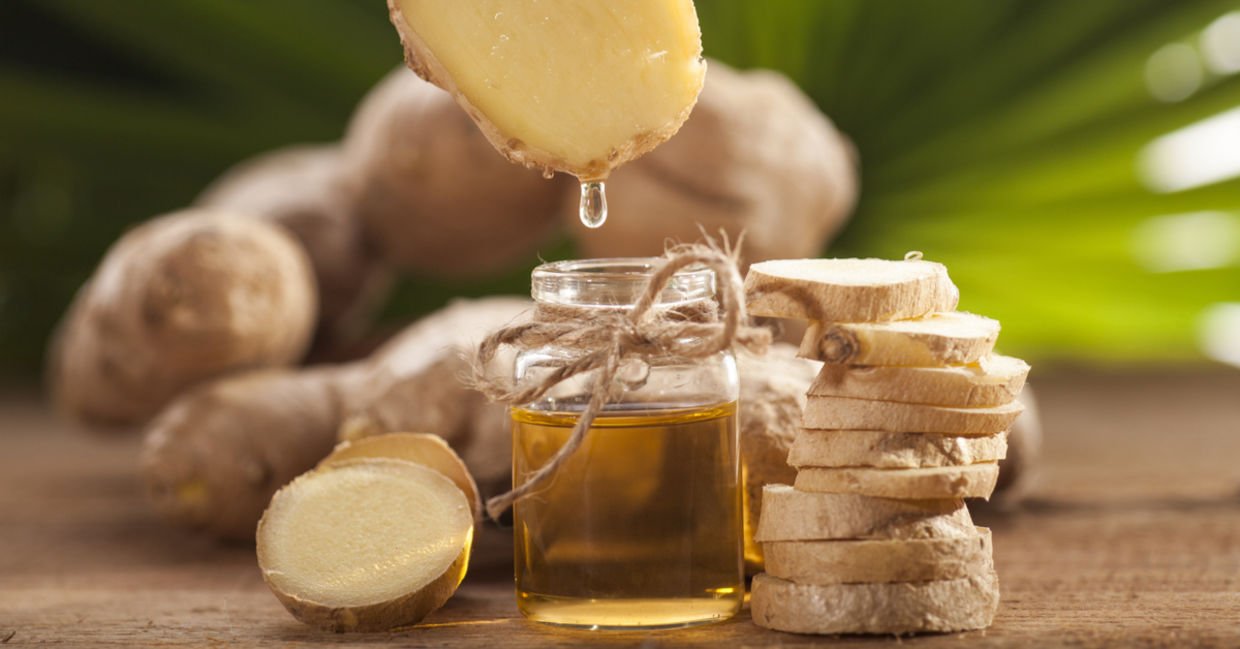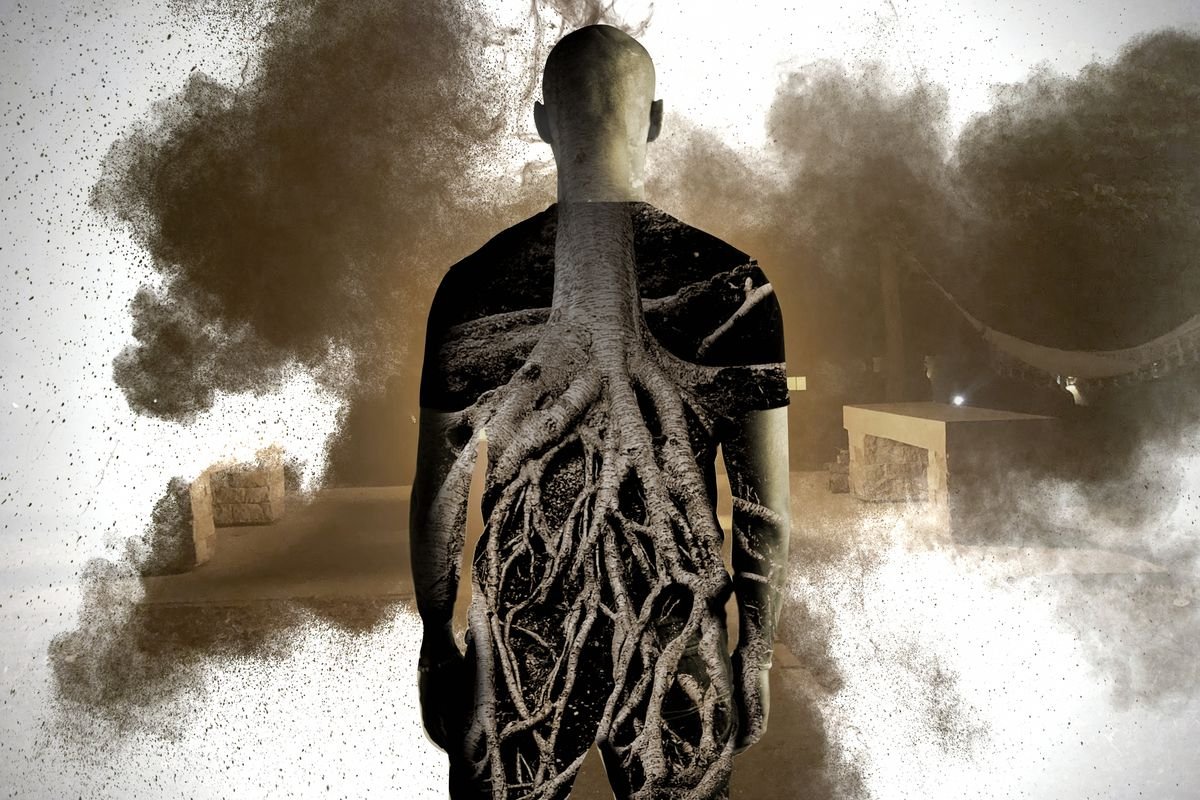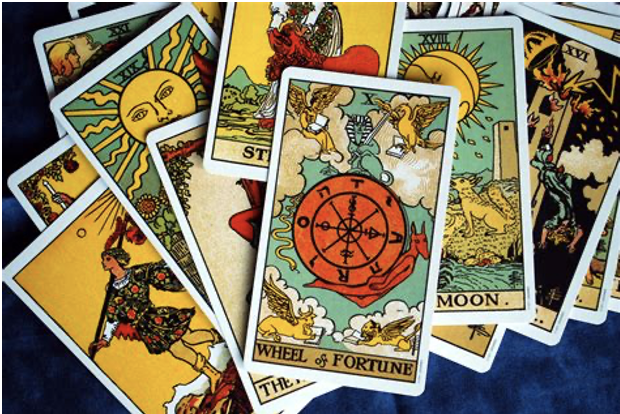Unveiling the Mysteries of Incense: A Journey of Scent and Spirituality
Incense has been an integral part of spiritual practices for centuries, serving as a bridge between the tangible and the ethereal. The use of aromatic materials to elevate the spirit, invoke divine forces, or enhance meditation underscores the profound connection between scent and spirituality.
The Historical Significance of Incense in Spiritual Practices
Incense holds a storied place in the history of many civilizations, including ancient Egypt, India, and China. In ancient Egypt, incense was believed to purify the soul and was integral to religious ceremonies and funerary rites. The Egyptians used aromatic resins like myrrh and frankincense not only to honor the gods but to facilitate the transition of the deceased into the afterlife.
In India, the use of incense is pervasive in Hindu rituals. The act of burning incense is seen as a gesture of respect and devotion to the deities during worship and prayer. The scents used are often specific to the deity being honored, with sandalwood being particularly prevalent due to its purifying and calming properties.
Chinese religious and spiritual practices also demonstrate a rich history of incense use, particularly in Buddhism and Taoism. Incense burning in these traditions is symbolic of the impermanence of life, with the smoke representing the transient nature of existence and the scent reminding practitioners of the virtues of purity and devotion.
The Psychological and Emotional Impact of Scent
The connection between scent and emotion is well-documented in psychological studies. Aromatic compounds can directly influence the brain's limbic system, which governs emotion, memory, and arousal. This connection explains why certain scents can instantly evoke a deep emotional response or bring back vivid memories.
In the context of spirituality, these emotional responses are channeled towards achieving a greater sense of peace, presence, and spiritual awareness. For instance, lavender is often used for its soothing effects, which can help in calming the mind and fostering a meditative state. Similarly, the scent of rose is associated with the heart and can aid in opening the heart chakra, promoting feelings of love and compassion.
The Role of Incense in Modern Spiritual Practices
Today, the use of incense in spiritual practices has transcended traditional boundaries and is found in various modern spiritual contexts. In yoga studios, meditation centers, and personal sacred spaces, incense is used to create a conducive atmosphere for introspection, reflection, and spiritual connection.
The choice of incense scent in these spaces can be tailored to the desired outcome of the practice. For instance, sage is often burned for cleansing and purification, while cedar is used for grounding and strengthening. These practices are not only about enjoying pleasant aromas but are deeply rooted in the intent to enhance spiritual well-being and personal growth.
Cultural Variations in Incense Use
The use of incense varies significantly across different cultures, reflecting local traditions, beliefs, and available resources. In Tibetan Buddhism, for example, incense is made from a complex mixture of many different herbs, plants, and minerals, which are closely tied to the indigenous knowledge of Himalayan medicine.
Japanese incense, on the other hand, is known for its subtle and refined scents, often used in tea ceremonies and meditation practices. The art of incense appreciation, or 'Kodo', is a practice in Japan that involves 'listening' to incense and is considered a path to spiritual and aesthetic enlightenment.
Challenges and Considerations in the Use of Incense
While incense can play a beneficial role in spiritual practices, it is also important to consider potential health implications. The smoke from burning incense can contain particulates and gases that may be harmful if inhaled in large quantities or in poorly ventilated spaces. It is essential for users to ensure good ventilation and to choose high-quality, naturally sourced incense to minimize any adverse effects.
Commonly Asked Questions:
1. How does scent influence spiritual experiences?
Scent has a profound impact on our emotions and psyche, directly influencing our spiritual experiences. Certain aromas can evoke feelings of peace, clarity, or reverence, helping individuals enter a meditative state or connect with their spiritual essence. For example, the scent of sandalwood is often associated with spiritual grounding and tranquility, while frankincense can evoke a sense of sacredness and devotion.
2. Are there specific scents associated with different spiritual practices?
Yes, various spiritual traditions have their own associations with particular scents. For instance, in Hinduism, sandalwood is commonly used during worship to honor deities, while sage is prevalent in Native American rituals for its cleansing properties. In Buddhism, Tibetan incense blends often contain juniper, cedar, and other herbs with specific symbolic meanings tied to the Buddhist path.
3. How can I incorporate incense into my daily spiritual practice?
Incorporating incense into your spiritual practice can be a deeply personal and meaningful ritual. Begin by selecting incense scents that resonate with your intentions or spiritual goals. Light the incense mindfully, focusing on your breath and setting an intention for your practice. Allow the scent to permeate the space as you engage in meditation, prayer, or any other spiritual activity. Remember to extinguish the incense safely after use.
4. Are there any potential health risks associated with burning incense?
While incense can enhance spiritual experiences, it's essential to be mindful of potential health risks associated with burning it. The smoke from incense contains particulates and volatile organic compounds that may irritate the respiratory system, particularly in individuals with asthma or allergies. To minimize health risks, ensure proper ventilation when burning incense and opt for high-quality, natural incense made from pure botanical ingredients.
5. Can scent be used to enhance spiritual healing practices?
Yes, scent plays a significant role in many spiritual healing modalities, such as aromatherapy and energy healing. Different essential oils and incense scents are believed to have specific healing properties that can support emotional, physical, and energetic well-being. For example, lavender is often used to promote relaxation and stress relief, while rosemary is associated with mental clarity and purification. Incorporating these scents into healing rituals can amplify their therapeutic effects and deepen the spiritual connection during the healing process.
Conclusion
The journey of scent and spirituality is as rich and varied as the cultures and individuals who engage with it. Incense continues to be a powerful tool in spiritual practices, providing a sensory experience that connects the physical to the metaphysical. By understanding the historical significance, emotional impacts, and cultural variations of incense use, one can appreciate its role in enhancing spiritual life and personal well-being.








































